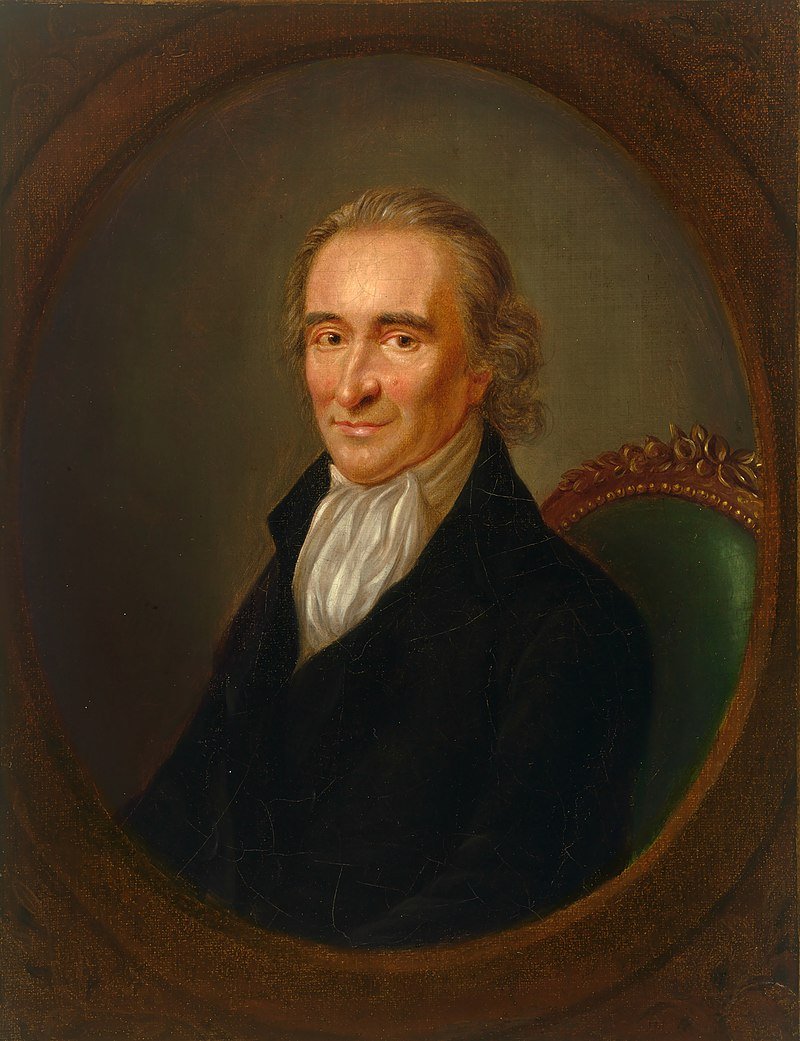On January 10, 1776, a momentous event occurred that would shape the course of American history. Thomas Paine, a political activist and writer, published a pamphlet titled ‘Common Sense,’ which would go on to become one of the most influential pieces of literature in the fight for American independence from Great Britain.
In the late 18th century, tensions between the American colonies and the British government were escalating. The colonists were growing increasingly disillusioned with British rule and sought a way to assert their independence. It was during this time that Thomas Paine, a recent immigrant from England, stepped onto the scene with his powerful words and persuasive arguments.
‘Common Sense’ was a relatively short pamphlet, but its impact was far-reaching. Paine’s writing style was clear and straightforward, making his arguments accessible to a wide audience. He used plain language to convey complex ideas, making his case for American independence in a way that resonated with the common people.
One of the key themes in ‘Common Sense’ was the idea that it was absurd for a small island like Great Britain to govern a vast continent like North America. Paine argued that the American colonies should break away from British rule and form their own independent nation. He questioned the legitimacy of monarchy and called for a republican form of government, where power would be vested in the hands of the people.
Paine’s pamphlet also challenged the authority of the British monarchy and the idea of hereditary rule. He argued that all men were created equal and that no one person or family should have the power to rule over others simply by virtue of their birthright. This revolutionary idea resonated with many colonists who were seeking a more egalitarian society.
‘Common Sense’ spread like wildfire throughout the colonies, thanks in part to the printing press, which allowed for mass production and distribution of the pamphlet. It is estimated that over 500,000 copies were sold, an astonishing number for the time. The pamphlet was read aloud in taverns, discussed in coffeehouses, and passed from hand to hand, sparking conversations and debates about the future of the American colonies.
The publication of ‘Common Sense’ had a profound impact on public opinion and played a crucial role in swaying popular sentiment towards the cause of independence. It provided a clear and compelling argument for why the American colonies should break away from British rule and form their own nation. Paine’s words gave voice to the frustrations and aspirations of the colonists, galvanizing them to take action.
The significance of ‘Common Sense’ cannot be overstated. It not only influenced public opinion but also had a direct impact on the political landscape of the time. The pamphlet inspired many colonists to support the idea of independence and helped pave the way for the drafting and signing of the Declaration of Independence just a few months later.
Thomas Paine’s ‘Common Sense’ remains a landmark piece of American literature and a testament to the power of persuasive writing. Its impact on the American Revolution cannot be underestimated. The pamphlet served as a catalyst for change, rallying the colonists and setting the stage for the birth of a new nation.
In conclusion, the publication of ‘Common Sense’ by Thomas Paine on January 10, 1776, was a pivotal moment in American history. Paine’s persuasive arguments for independence resonated with the colonists, galvanizing them to take action and ultimately leading to the birth of the United States of America. The impact of ‘Common Sense’ cannot be overstated, and its legacy as a revolutionary pamphlet continues to be celebrated today.
SEO Excerpt:
On January 10, 1776, Thomas Paine published ‘Common Sense,’ a pivotal pamphlet that argued for American independence from Great Britain. Its clear, persuasive language and arguments played a crucial role in galvanizing public opinion towards the cause of independence. ‘Common Sense’ became extraordinarily popular and influential, selling tens of thousands of copies and significantly impacting the course of the American Revolution.

